How long does it really take to learn a musical instrument?
Three lifetimes.
That’s how long it takes to “fully” learn a musical instrument. One lifetime to understand how it works. One to master how it sounds. And one more to forget all the rules and finally make music.
Of course, if you’re asking how long it takes to play your favorite song without scaring the dog away, the answer is a little shorter. But the spirit of the question still lingers: how much time, effort, and emotional bandwidth do you need to invest before you can call yourself “musical”?
Let’s unpack that.
First, What Does “Learn” Even Mean?
The real problem with this question is that “Learning a musical instrument” isn’t a finish line—it’s a slope. You don’t wake up one day and say, “I did it. I learned the saxophone.” You hit plateaus, breakthroughs, and probably a few existential crises before you ever feel fluent.
So let’s break it down into rough stages:
- Beginner (0–6 months): You can play a few songs, read some notation, and make sound that resembles music.
- Early Intermediate (6–18 months): You’re getting comfortable. Your technique improves, you can handle dynamics, and the dog is starting to vibe with your practice sessions.
- Late Intermediate (2–3 years): You’re performing, improvising, or composing with confidence. Theory is a tool, not a terror.
- Advanced (3–6+ years): You’re fluent. You don’t think about “how” to play anymore—only what and why. Your tone, timing, and touch are mature.
- Professional Mastery (7+ years to forever): You sound like yourself. You know the rules well enough to break them. This is artistry.
What Makes It Faster or Slower?
Let’s assume you’re not secretly Mozart reincarnated. Here’s what affects your timeline:
- Practice Frequency (Spoiler: TikTok doesn’t count)
Practicing 20 minutes a day, five times a week, beats three-hour cram sessions on Sunday. Music is a language. You don’t become fluent by binging once a week—you become fluent by speaking it daily. - The Instrument You Choose
Not all instruments are created equal (in terms of early satisfaction).
- Piano: Immediate sound, easy to visualize theory
- Guitar: Calloused fingers for days, but great payoff
- Violin: You’ll sound like a squeaky door for a while
- Drums: Cathartic, loud, and rhythmic—what’s not to love?
- Voice: Always with you, but not always easy to tame
- Age Isn’t a Dealbreaker
Kids might pick up motor skills faster, but adults are often better learners. Adults are motivated, more self-aware, and less likely to be distracted by the ceiling. - Your Teacher (or Lack of One)
A good teacher doesn’t just correct mistakes—they shorten the learning curve. Self-teaching is possible, but it’s slow and full of detours. - Musical Background
If you’ve played another instrument, studied some theory, or even just been an obsessive listener, your ears are already ahead of your fingers.
Want Numbers? Here’s a Ballpark.
Assuming you’re practicing 30 minutes a day, five days a week:
- To play a few songs and not embarrass yourself: 3–6 months
- To reach intermediate ability: 12–24 months
- To sound like someone who could charge for this: 3–5 years
- To make people cry at your concerts (in a good way): 6+ years
Yes, you can accelerate that with great instruction, focused practice, and a little obsession.
The Secret Most People Don’t Tell You
Nobody ever really finishes learning an instrument. That’s the beauty of it.
The better you get, the deeper the music pulls you in. You discover subtle details you couldn’t even perceive as a beginner. You chase sound, not technique. You stop playing music and start speaking through it.
This is why the question isn’t “How long does it take to learn an instrument?” but rather:
How long are you willing to keep learning?
Want to speed up your progress?
At Risoluto Academy of Music, we don’t promise shortcuts—but we do promise results. Our approach blends structure with creativity, helping students of all ages build skill, confidence, and musicality over time.
Whether you’re dreaming of playing your favorite songs, performing on stage, or composing your own, our faculty will help you set clear goals and actually enjoy the process.
Because music isn’t just something you learn—it’s something you live.
So, how long does it really take?
Three lifetimes. But your first one starts now.
ENROLL NOW to begin.
